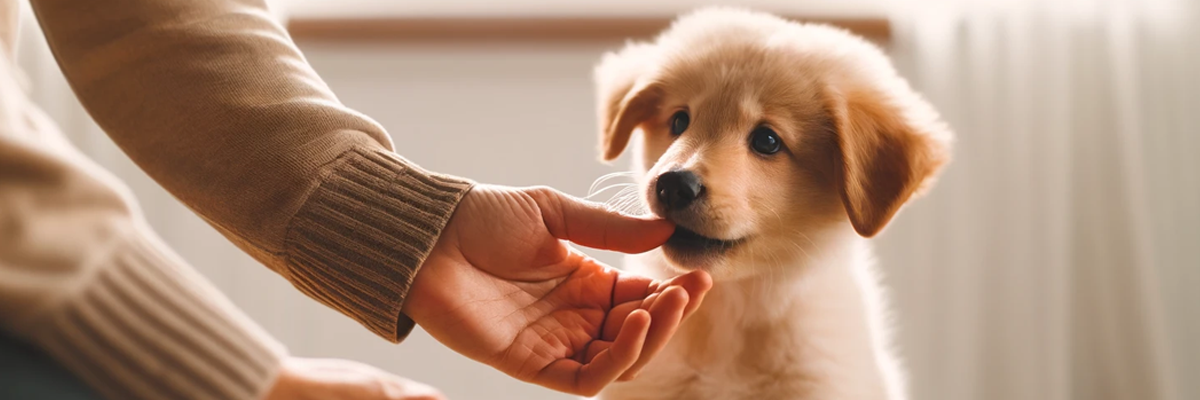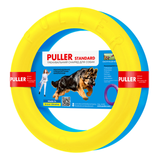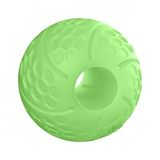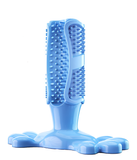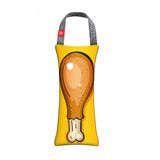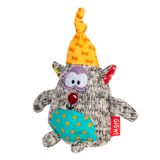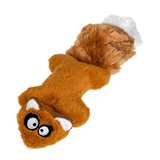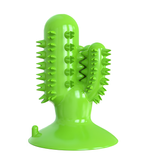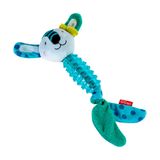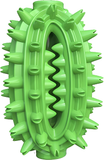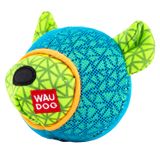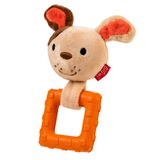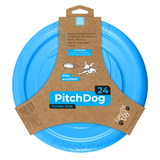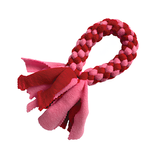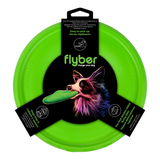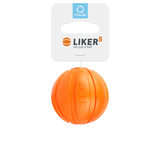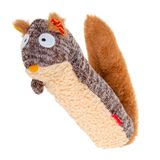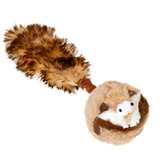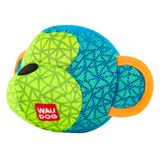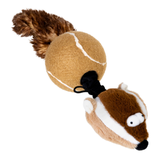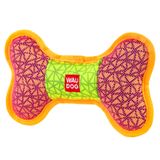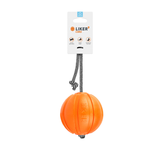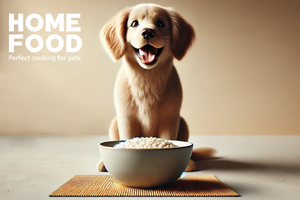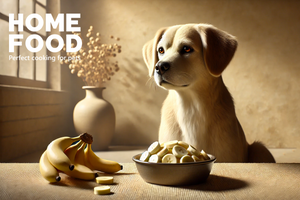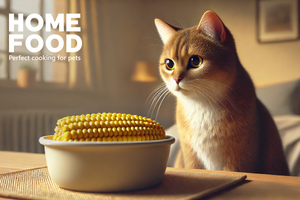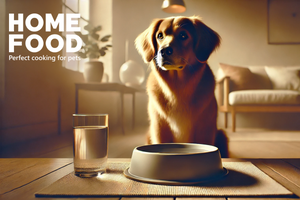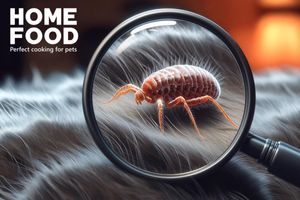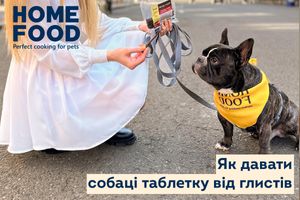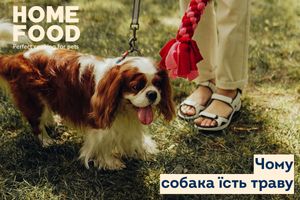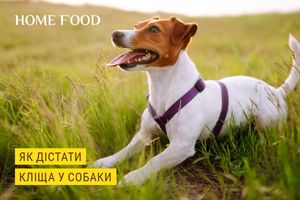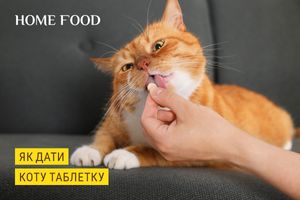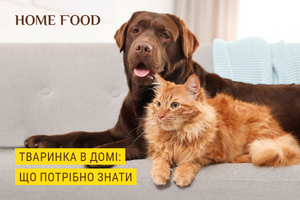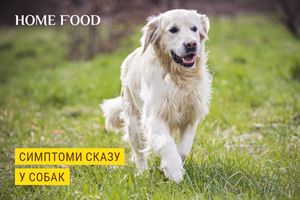Puppies are cute and funny creatures, but one of the features of their behavior is biting. It is important to wean the dog from such manifestations from the very beginning and to raise it correctly in order to avoid problems in the future. In this article, we will consider why puppies bite, how to distinguish playfulness from aggression, and what methods can be used to train a pet.
Why do puppies bite?
Biting is a natural part of a small dog's behavior. Some time after birth, the dog has sharp teeth, but the jaw muscles are still poorly developed during this period. In this way, dogs learn to distinguish when the bite was too strong and when it was weak, playing with their siblings. They learn to control the force of jaw compression, and this skill is formed even before they have adult teeth.
Also, biting can be an element of the game. Puppies do not immediately understand that their bites can hurt people, because in their pack such behavior is considered normal. Therefore, the owner must explain that such actions are unacceptable.
How to distinguish playful biting from aggressive behavior?
In a play context, puppies may run up, wagging their tails, and try to gently grab their owner's arms or legs. This behavior is not aggressive, and the puppy quickly returns to its playful activity after being bitten.
Aggressive behavior can be accompanied by such signs as growling, tense body posture and hard bites. If a puppy shows signs of aggression, it may be due to insufficient socialization, fear or stress. In this case, you should consult a dog trainer.
Methods of teaching a puppy to bite
There are several basic methods that will help wean your pet from unwanted behavior.
Ignore and stop playing
If the puppy bites while playing, you should immediately stop any activity and ignore him. This will create an association: when the animal bites, the fun is over. It is important to be consistent and not resume play until the dog calms down. When the pet stops receiving attention for unwanted actions, he begins to understand that biting does not bring him attention or fun.
Swap for toys
Using safe toys is a great way to divert attention from the owner's hands to other objects. When the puppy tries to bite you, place a special toy. So it will understand that biting a certain object is good, and your hands and feet are bad.
This method not only teaches correct behavior, but also makes it possible to safely survive the period of teething, when the pet's gums are particularly itchy.
The "Oi" method
A simple and effective technique is to make a loud sound that simulates pain, for example saying "Ow" when the puppy bites you. The sound should be loud and unexpected for your pet so that he understands that his behavior makes you uncomfortable. This mimics the reaction of other puppies when they are bitten too hard.
After that, it is also recommended to stop the game or give the toy. This is how you make it clear that you don't like the puppy's actions.
Encouraging good behavior
Whenever the puppy plays without biting, it should be encouraged. Treats and praise will help reinforce positive behavior. For example, if the pet is calmly playing or interacting with toys, offer him a piece of tasty food or pet him.
Raising a puppy requires patience. If your pet does not immediately respond to training, stay calm and do not punish it.
What to do if the puppy continues to bite?
If after using all of the above methods, the pet continues to bite, this may be due to deeper behavioral problems or insufficient socialization. In this case, you should contact a professional trainer or veterinarian to identify possible causes of aggression or stressful behavior.
Some puppies may exhibit excessive energy, which can be corrected with additional play, exercise and activity. It is also worth checking whether the puppy has enough toys and other objects to chew on.
Socialization of the puppy
Proper socialization is the key to raising a balanced and friendly dog. From an early age, it is important to teach your furry friend to communicate with other animals so that he learns proper play skills and does not perceive biting as the main way of communication.
Communication with other animals to form the right game skills
Regular playtime with other puppies or adult dogs will help your pet learn to control his bites. During the game, he will learn to adjust the force of the bite, receiving feedback from his relatives. For example, if a puppy bites too hard, the other dog may stop playing or give outvuk dissatisfaction.
Thus, interacting with other animals helps your furry friend develop social skills and teaches them how to interact with others.
Weaning biting requires patience and consistency. Ignoring biting, substituting toys, and encouraging good behavior will help you raise a pet that respects your hands and feet. Don't forget the importance of socialization, because communication with other animals is the best way to teach your dog proper play skills.









